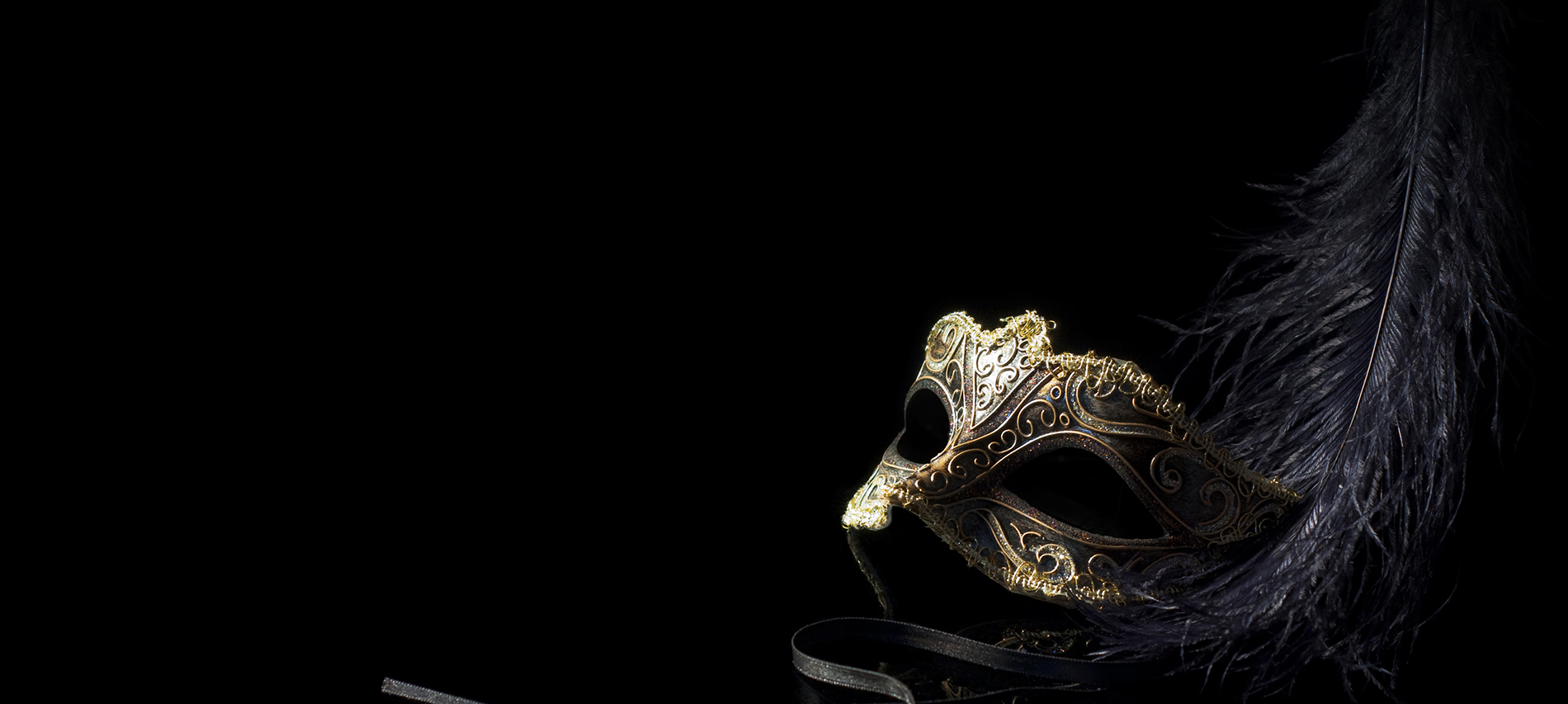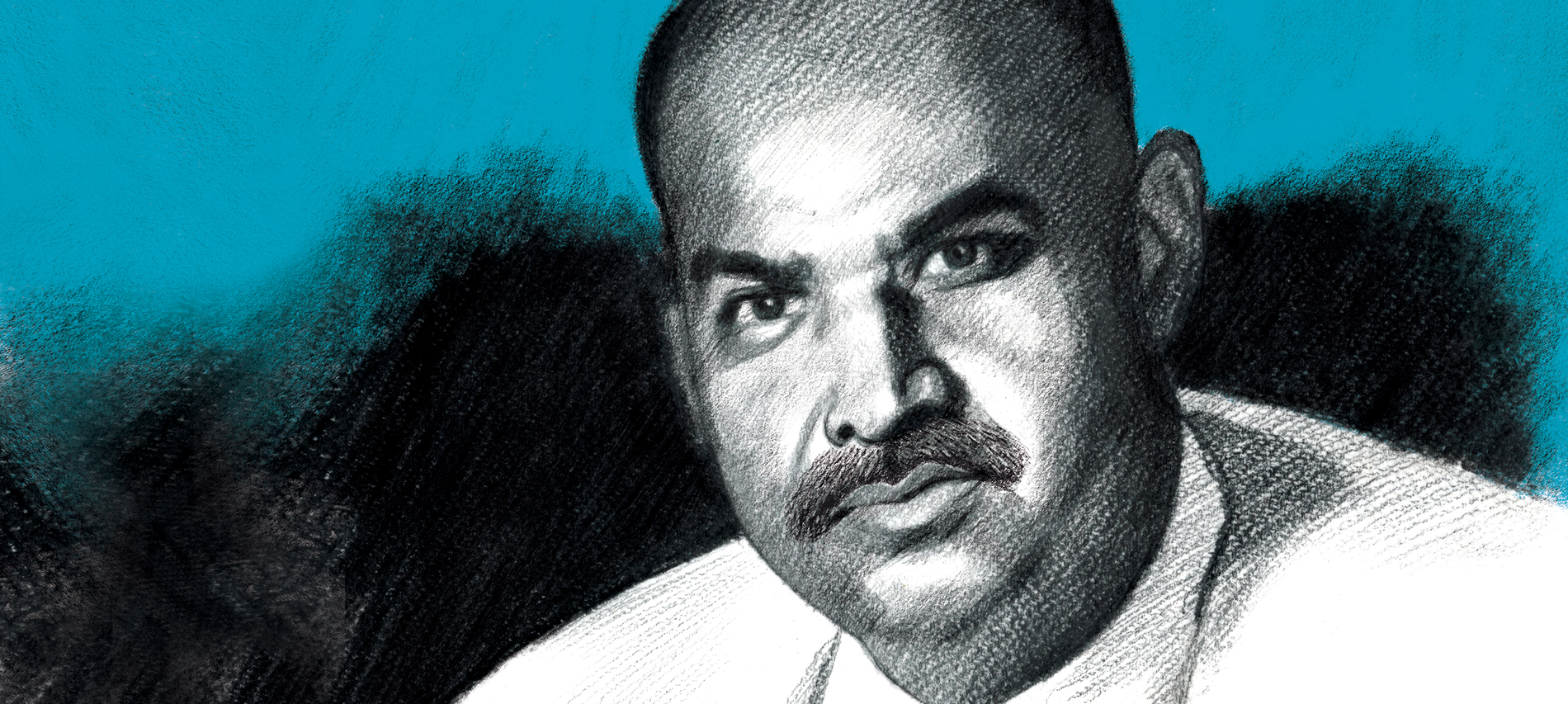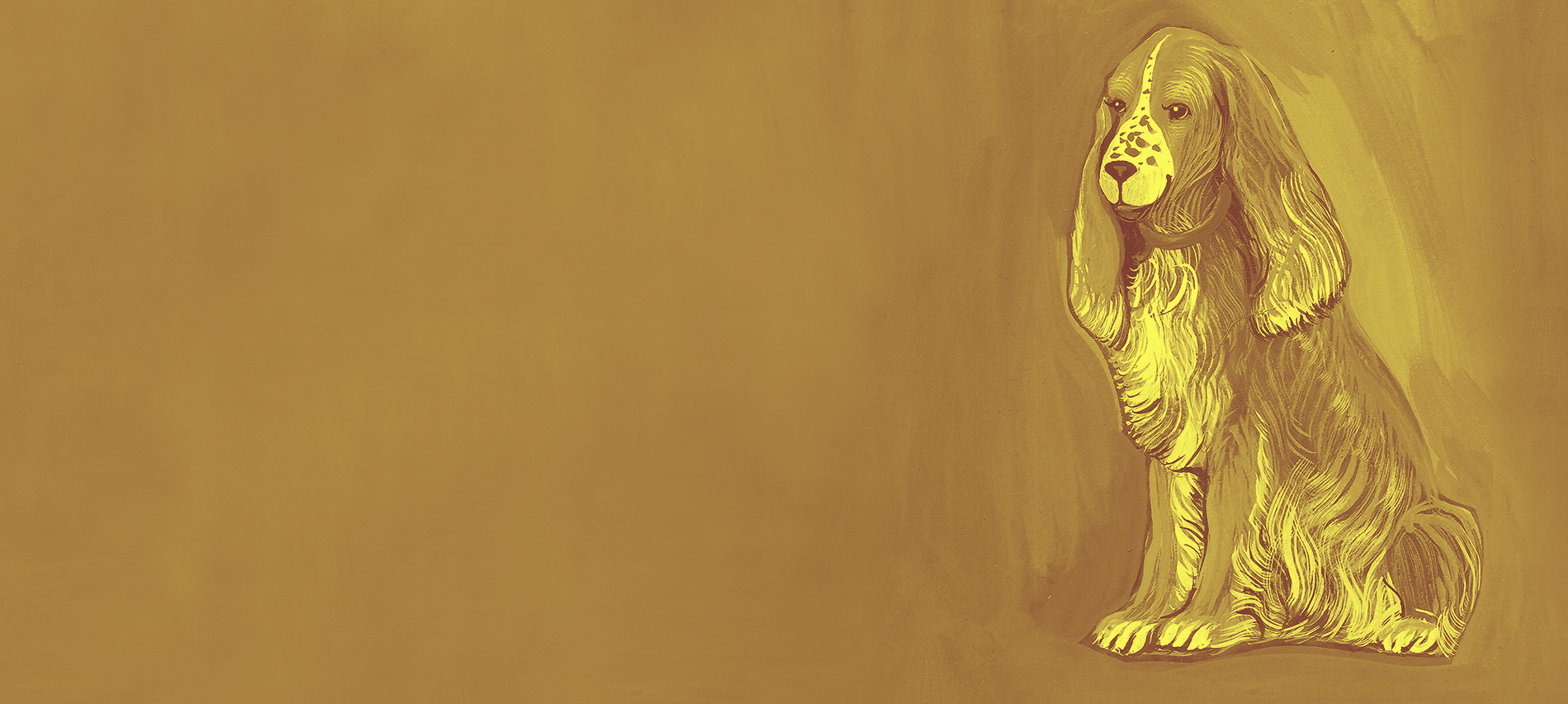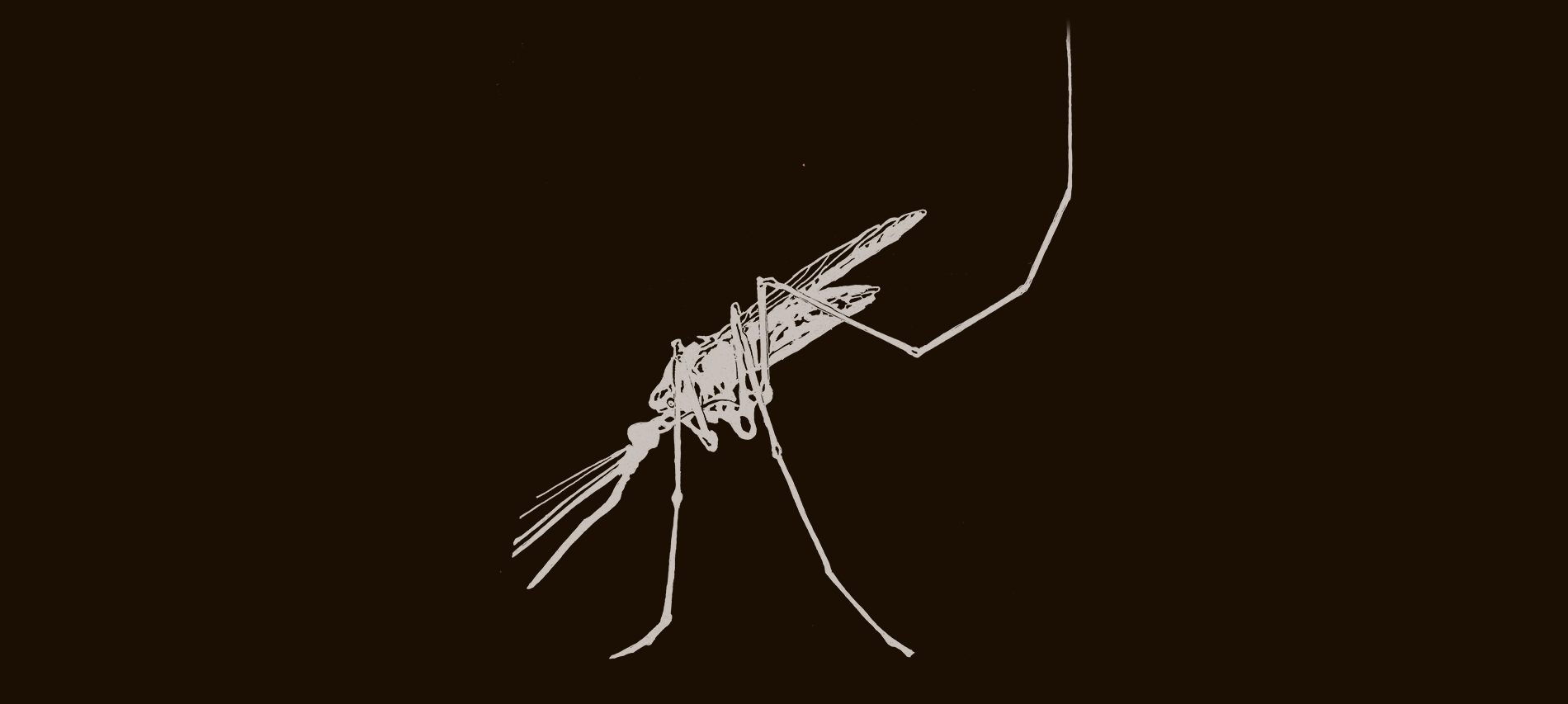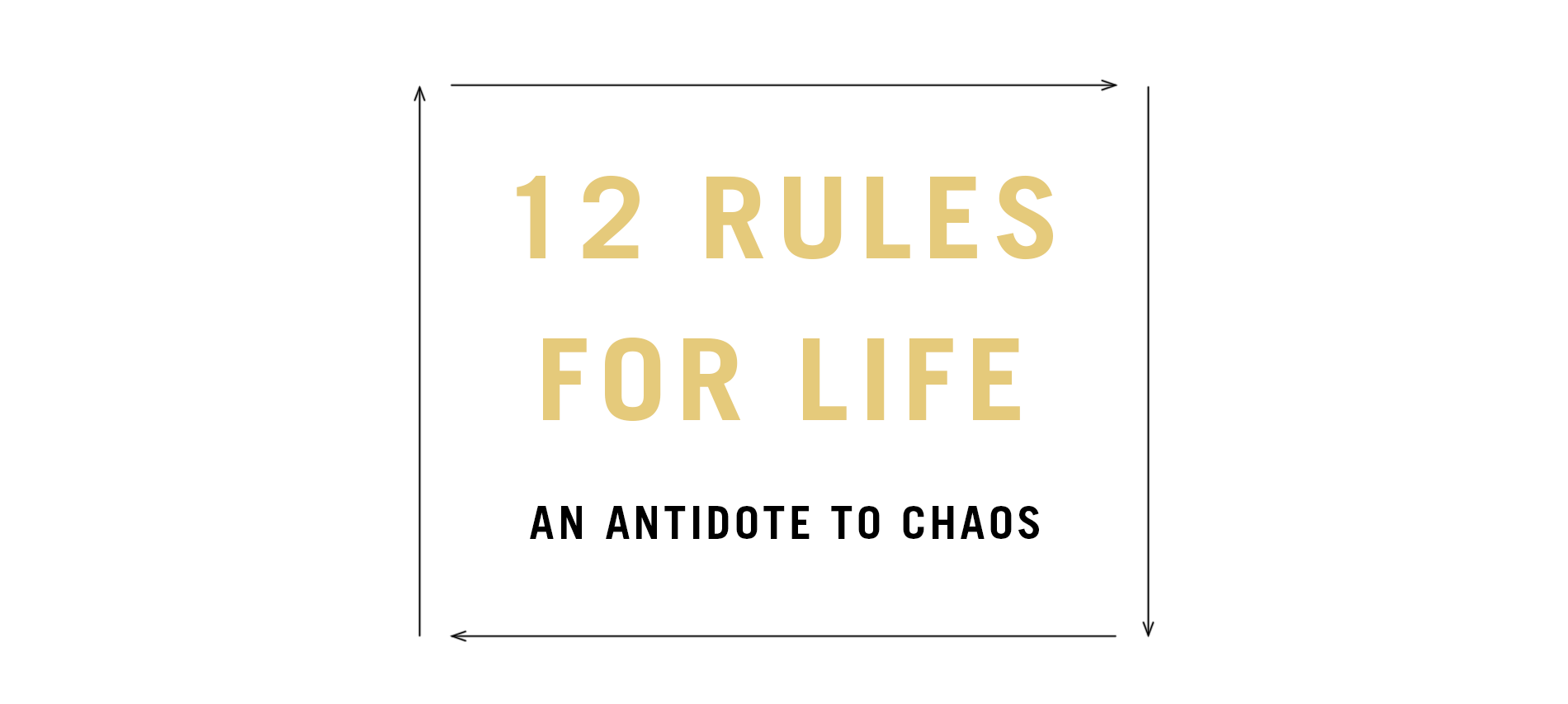Love stories coach us to believe that love is selective, somehow, that it can be boxed in and easily defined. Eleven Ways to Love: Essays, is a collection of eleven remarkable essays that widen the frame of reference: transgender romance; body image issues; race relations; disability; polyamory; class differences; queer love; long distance; caste; loneliness; the single life; the bad boy syndrome . . . and so much more.
Here is the foreword of the book written by well-known poet Gulzar.
——————————-
Is love selective? No. There is no ideal love, and there is certainly no ideal lover. In this wonderful collection of essays on love, I welcome you to dip into eleven kinds of love: eleven individuals who have had their lives transformed by this very thing.
Here then are eleven ways to love from eleven unusual lovers. I’d like to leave you with a parting thought . . . and a poem of my own.
I have seen the wafting aroma of those eloquent eyes
Do not touch it with your hands and stamp it with a relationship
It’s just a sensation, caress it with your soul
Let love be love, do not label it.
Love is not words, love is not sounds
Love is just a silence that speaks, that hears
Love is unstoppable, love is inextinguishable
Love is a droplet of light shimmering through the ages
Something like a smile is in bloom somewhere in those eyes
Something like sunshine lingers around those eyelids
The lips don’t say a word, but numerous unspoken stories
Hover around their quivering edges
I have seen the wafting aroma of those eloquent eyes . . .
Translated by Sunjoy Shekhar
First published in 100 Lyrics by Gulzar (Penguin India, 2012)
Tag: book nibbles
Undercover Princess by Connie Glynn – An Excerpt
Connie Glynn has always loved writing and wrote her first story when she was 6 with her mum at a typewriter acting as the scribe. It was at university that Connie started her hugely successful YouTube channel Noodlerella (named after her favourite food and favourite Disney princess). Her book, Undercover Princess is about a fairy tale obsessed Lottie Pumpkin who starting at the infamous Rosewood Hall, where she was not expecting to share a room with the Crown Princess of Maradova, Ellie Wolf. Lottie is thrust into the real world of royalty – a world filled with secrets, intrigue and betrayal.
Let’s read an excerpt from the book:
————————————————
Princess Eleanor Prudence Wolfson, sole heir of King Alexander Wolfson and next in line for the throne of Maradova, did not live in one of these spaces, nor was she one of these people, but she was in desperate need of both.
‘I am going to this school!’ Eleanor slammed the brochure on the table with a loud thwack, causing the cups of breakfast tea to wobble on top of their saucers.
Alexander Wolfson didn’t even look up from his newspaper to reply.
‘No,’ he said blankly.
‘I am next in line for the Maravish throne. I think the teeny-tiny decision of which school I attend is something I am capable of managing myself.’
Alexander looked up at his wife, Queen Matilde, who was sitting across the table from him.
She shrugged. ‘She does have a point, Alex,’ she said amiably, delicately dropping a lump of sugar into her teacup and stirring it slowly while stifling a smile.
This was not the parental solidarity King Alexander had been hoping for.
‘See?’ said Eleanor. ‘Even Mum agrees with me.’
Alexander remained firmly fixated on his newspaper, feigning an image of complete composure. He took a sip of tea.
‘ Edwina –’ he gestured to their maid – ‘would you kindly take the empty plates to the kitchen, please?’
‘Of course, Your Majesty.’ Edwina expertly stacked the crumb-covered trays and exited the dining hall with a skilled smoothness, her feet barely making a sound on the oak flooring. The large double doors closed behind her, creaking softly as she eased them shut.
Once Alexander was sure she was a reasonable distance down the hall, and safely away from any domestic outbursts, he looked back down at his newspaper and said, ‘My answer is no.’
Eleanor let out an exasperated screech and stamped her foot. ‘You could at least look at the brochure!’ she snapped, snatching the newspaper from her father’s fingertips.
Alexander was forced to look up at his daughter.
Eleanor had always been a challenging child. She was anything but a typical princess; she would take fiery political arguments and sneaking out to loud, rowdy concerts over mild polite conversation any day, and more than anything she despised elaborate formal functions – or at least she assumed she did, having refused to ever attend one. But she was smart, she was confident and she was passionate – and for Alexander that was all far more important than any of the traditional values expected of her. Although occasionally he did wish she’d watch her language around her grandparents.
As much as he wanted Eleanor to be happy and live a life free of the commitments of royalty, the fact remained that she would be queen one day and would eventually need to accept that responsibility. He was determined to find a way to make his daughter realize she could enjoy her royal obligations; something he’d had to learn himself when he was younger.
——–
‘What on earth are you wearing?’ Ollie’s sarcastic tone drifted into Lottie’s bedroom. He stood leaning against the door frame, his arms crossed as he watched Lottie pack up the last items in her room.
‘Ollie!’ Lottie’s hand rushed to her chest in shock at the sudden appearance of her best friend. ‘How did you get up here? And how many times do I have to tell you to knock?’ Lottie was huffing slightly from trying to squish down her suitcases. Ollie was fourteen, the same age as Lottie, yet even though he was taller than her he’d retained his baby face, which reminded her of soft-serve ice cream on the beach and other happy memories.
‘I had to sneak past the wicked witch. Did you know her skin’s turned green finally?’ Ollie said with a devilish smile.
Lottie giggled, but she couldn’t ignore his comment. She looked down at her outfit, brushing down her dress self- consciously. ‘And what exactly is wrong with my outfit?’ she said indignantly.
Ollie laughed, grinning at her with his signature cheeky smile. Clumps of dog hair dotted his jeans, a permanent feature that he never seemed to care about.
‘Isn’t it a little too fancy for the first day of school?’
‘Too fancy?!’ Lottie couldn’t believe he’d suggest something so ridiculous. ‘Nothing is too fancy for Rosewood Hall. I need to fit in. I can’t have my clothes making me an outcast on the first day.’
Lottie began picking at a non-existent spot on the collar of her dress. ‘Most of the students probably have their clothes tailor-made out of gold or something.’
Ollie casually strolled into the room, taking a seat on Lottie’s bed. He pursed his lips as he glanced around the bedroom. Usually so alive with Lottie’s special brand of handmade quirkiness, it was now stripped bare, everything she owned crammed into two pink suitcases.
‘Well,’ Ollie began, reaching into his pocket, ‘if you can take a moment off from worrying about what other people think of you . . .’ He pulled out a crumpled envelope and a worn-out Polaroid that Lottie recognized from his bedroom wall. ‘These are for you.’
Lottie reached out for them, but Ollie whipped his hand back.
‘You can’t open the letter until you’re on the train.’
Lottie nodded with an exasperated smile and he slowly placed both gifts in her hand. It was a photograph she’d seen thousands of times: the two of them at the beach, their noses covered in ice cream and beaming grins on both their greedy faces. Even though the colours had begun to fade to sepia, you could still see the tiara on Lottie’s head and the horns on Ollie’s. As children, the two had demanded to wear these fancy-dress items every day and everywhere. Ollie had declared he was the fairy Puck from Shakespeare’s A Midsummer Night’s Dream after they’d watched an open-air performance at the beach one evening. He’d been completely infatuated with all the mischief the character got away with and assumed he too could get away with being naughty so long as he was wearing his horns. Lottie’s tiara, on the other hand, had a less happy – go – lucky origin. Her thumb lingered over the accessory in the photo, a little pang striking her heart as she remembered the day she’d received it.
‘I’ll give you some time to say goodbye,’ he said, before effortlessly picking up both her suitcases and carrying them down the stairs to the car. When he was gone she thoughtfully placed Ollie’s gifts with the rest of her most important belongings, which she’d laid out on the now-bare bed so as not to forget them. She put each item into her handbag: first the weathered Polaroid and letter from Ollie, followed by her favourite sketchbook, her most loyal stuffed companion, Mr Truffles, a framed photo of her mother, Marguerite, in her graduation gown, and, finally – looking very out of place among the other objects – a crescent- moon tiara, her most valued possession. It had taken Lottie all of sixty minutes to pack her entire life into two pink suitcases, one denim backpack and a small over- shoulder handbag with a sturdy white strap. She looked over the now- empty room.
I did it, Mum, she thought. I got into Rosewood just like I promised.
Copyright © Connie Glynn, 2017

Fifty Shades Darker, An Excerpt
Determined to win Anastasia back, he tries to suppress his darkest desires and his need for complete control, and to love Ana on her own terms. Read E L James book, Fifty Shades Darker to dive deeper and darker on their love story,
Here’s an excerpt.
————————
Get a grip, Grey.
I damp down my fear and make a plea. “You look like you’ve lost at least five pounds, possibly more since then. Please eat, Anastasia.” I’m helpless. What else can I say?
She sits still, lost in her own thoughts, staring straight ahead, and I have time to study her profile. She’s as elfin and sweet and as beautiful as I remember. I want to reach out and stroke her cheek. Feel how soft her skin is…check that she’s real. I turn my body toward her, itching to touch her.
“How are you?” I ask, because I want to hear her voice.
“If I told you I was fine, I’d be lying.”
Damn. I’m right. She’s been suffering—and it’s all my fault. But her words give me a modicum of hope. Perhaps she’s missed me. Maybe? Encouraged, I cling to that thought. “Me, too. I miss you.” I reach for her hand because I can’t live another minute without touching her. Her hand feels small and ice-cold engulfed in the warmth of mine.
“Christian. I—” She stops, her voice cracking, but she doesn’t pull her hand from mine.
“Ana, please. We need to talk.”
“Christian. I…please. I’ve cried so much,” she whispers, and her words, and the sight of her fighting back tears, pierce what’s left of my heart.
“Oh, baby, no.” I tug her hand and before she can protest I lift her into my lap, circling her with my arms.
Oh, the feel of her.
“I’ve missed you so much, Anastasia.” She’s too light, too fragile, and I want to shout in frustration, but instead I bury my nose in her hair, overwhelmed by her intoxicating scent. It’s reminiscent of happier times: An orchard in the fall. Laughter at home. Bright eyes, full of humor and mischief…and desire. My sweet, sweet Ana.
Mine.
At first, she’s stiff with resistance, but after a beat she relaxes against me, her head resting on my shoulder. Emboldened, I take a risk and, closing my eyes, I kiss her hair. She doesn’t struggle out of my hold, and it’s a relief. I’ve yearned for this woman. But I must be careful. I don’t want her to bolt again. I hold her, enjoying the feel of her in my arms and this simple moment of tranquility.
But it’s a brief interlude—Taylor reaches the Seattle downtown helipad in record time.
“Come.” With reluctance, I lift her off my lap. “We’re here.”
Perplexed eyes search mine.
“Helipad—on the top of this building.” How did she think we were getting to Portland? It would take at least three hours to drive. Taylor opens her door and I climb out on my side.
“I should give you back your handkerchief,” she says to Taylor with a coy smile.
“Keep it, Miss Steele, with my best wishes.”
What the hell is going on between them?

Will You Still Love Me, An Excerpt
Ravinder Singh is the bestselling author of I Too Had a Love Story, Can Love Happen Twice?, Like It Happened Yesterday, Your Dreams Are Mine Now and This Love That Feels Right . His new book, Will You Still Love Me is deeply moving, disturbingly close to reality, and love at its worst and its best.
Here’s an excerpt.
_______________________
Rajveer sat down on his seat and looked at her with newfound feelings. The spectacle of a sleeping beauty kindled a variety of emotions in his heart. Now that he could look at her without feeling self-conscious, Rajveer realized how attractive a woman Lavanya was! His eyes rested on the glowing skin of her face and her neck before they slid down to her waist, to the skin visible between the blouse and the long skirt she wore. He watched the rhythmic rise and fall of her chest as she slept. The tiny sleeves of her blouse clung to her elegantly shaped arms.
Rajveer took in the details of her beauty—her jet-black silky hair that lay softly on her shoulders, her not so long fingers that ended in shapely nails. She possessed a well-toned body many women only craved for. Lavanya wasn’t tall, yet her average frame possessed more than enough charm to be considered quite striking.
Then suddenly she turned her head in her sleep. It made Rajveer immediately retract his gaze. He thanked god that she hadn’t abruptly opened her eyes and caught him staring at her. He then looked around self-consciously to check if anybody else had noticed him doing so. He was safe, he realized.
To distract himself, Rajveer pulled out the Hello 6E from the seat pocket in front of him and began flipping through it. He occasionally checked on Lavanya too, who remained deep in sleep.
More than half an hour passed this way. By then, Rajveer had also pulled out his laptop from his luggage and had begun working on it. Just then he heard the captain’s voice letting passengers know that he had initiated the descent of the plane. This woke up Lavanya from her sleep.
‘Slept well?’ Rajveer asked. There was a sense of familiarity as he spoke and a certain softness.
She rubbed her palms over her face and then looked at him, ‘Yes. I feel so fresh now!’ She smiled.
Then reacting to the announcement that the use of lavatories was not allowed as they had begun descent, Lavanya quickly unbuckled her seat belt. She wanted to use the loo as soon as possible.
Caught by surprise, Rajveer had to quickly close his laptop, place the in-flight magazine on the middle seat, close the tray table, and then unbuckle himself, all in a rush. Lavanya didn’t have much time. She tried to manoeuvre through the narrow space between Rajveer’s legs and the seat in front. In the process, Rajveer’s knees rubbed against her skirt. Her touch and proximity felt like a jolt of electricity to him. Briefly he found himself staring straight at her bare, slender waist. Gosh! How much he wanted to feel that dewy skin on the tips of his fingers. He got a whiff of her perfume and he inadvertently took in a deep breath.
‘Sorry,’ Lavanya apologized for the discomfort to Rajveer. You are welcome, he said in his mind.

Pakistan’s Nuclear Bomb by Hassan Abbas – An Excerpt
In this inside view of Pakistan’s nuclear programme, Hassan Abbas profiles the politicians and scientists involved in the development of the country’s nuclear bomb, and the role of China and Saudi Arabia in supporting its nuclear infrastructure. Drawing on extensive interviews, the book also examines Pakistani nuclear physicist A.Q. Khan’s involvement in nuclear proliferation in Iran, Libya and North Korea.
Let’s read an excerpt from the book.
———————————-
When A.Q. Khan finally joined the PAEC in January 1976, a small uranium-enrichment programme code named Project 706 (also known as the Directorate of Industrial Liaison) had been in place under the management of Sultan Bashiruddin Mahmood since October 1974. Munir Khan was directly supervising the nascent project, but there is almost a consensus among experts that it was going nowhere before A. Q. Khan.119 A. Q. Khan was asked to report to Mahmood as director of research and development, but was unhappy about that, given his vastly superior qualifications. Bhutto had already approved the construction of a centrifuge research and development laboratory under an unassuming title: the Aviation Development Workshop (ADW).120 It was a good cover, as this was located in the old barracks at Chaklala Airport, between Islamabad and Rawalpindi.
Within a matter of months A. Q. Khan ran into trouble with Munir Khan and others involved in the project. One view is that personality clashes and a desire for more control over the project brought the two Khans and others into conflict. What is often ignored here is the fact that A. Q. Khan was used to working in environments where efficiency and discipline were valued very highly. He had risen in his professional career because of his hard work and professionalism. The PAEC was quite different, as he quickly found out. It was more individual driven, and A. Q. Khan found it difficult to adjust. Disappointed with the lack of support from Munir Khan, A. Q. Khan told the prime minister that he needed financial and administrative independence to be able to deliver. He bitterly argued that he ‘could have contributed at least ten times more’ if he had been allowed to operate the way he wanted to.121 Bhutto appeared receptive to A. Q. Khan’s demands, as he was well acquainted with bureaucratic culture in Pakistan. He could see that jealousies were at play. To remove the administrative hurdles and bickering that had developed between the two Khans, he decided to give A. Q. Khan independent control of the centrifuge project. He did so by administratively separating the centrifuge project from the PAEC; the new institution was named the Engineering Research Laboratories (ERL). It was inaugurated on 31 July 1976, under A. Q. Khan’s direct command. The ERL project remained a well-kept secret and, other than the prime minister, only Ghulam Ishaq Khan knew the specifics of A. Q. Khan’s operation. As is evident from A. Q. Khan’s recent writings (as a columnist for The News since 2015), he had complete freedom to hire and make appointments in the organization—and he was able to attract the best scientific minds in the country

The Hazel Wood by Melissa Albert – An Excerpt
The Hazel Wood, is about seventeen-year-old Alice and her mother who have spent most of Alice’s life on the road, always a step ahead of the strange bad luck biting at their heels. But when Alice’s grandmother, the reclusive author of a book of pitch-dark fairy tales, dies alone on her estate – the Hazel Wood – Alice learns how bad her luck can really get. Her mother is stolen away – by a figure who claims to come from the cruel supernatural world where her grandmother’s stories are set. Alice’s only lead is the message her mother left behind: STAY AWAY FROM THE HAZEL WOOD.
Let’s read an excerpt from this absolutely unputdownable book.
_________________________________________________________________________
Althea Proserpine is raising her daughter on fairy tales. Once upon a time she was a girl named Anna Parks, one of the legion of midcentury dreamers who came to Manhattan with their hopes tucked into a suitcase. Then she went missing. Then she came back, and achieved an odd kind of fame, glittering from some angles but dark from others. Now she’s gone again, ed to a turreted house in the deep dark woods, where she lives with her ve- year- old daughter and her husband, an actual royal— she just can’t quit fairy tales. When I get her on the phone, her voice is as alluring as her most famous photo, the one with the ring and the cigarette. I ask if I can come talk to her in person, and her laugh is hot whiskey on ice. “You’d get lost on the way to nding me,” she says. “You’d need breadcrumbs, or a spool of thread.” — “The Queen of the Hinterland,” Vanity Fair, 1987
My mother was raised on fairy tales, but I was raised on highways. My first memory is the smell of hot pavement and the sky through the sunroof, whipping by in a river of blue. My mom tells me that’s impossible— our car doesn’t have a sunroof. But I can still close my eyes and see it, so I’m holding on to it.
We’ve crossed the country a hundred times, in our beater car that smells like French fries and stale coffee and plasticky strawberries, from the day I fed my Tinkerbell lipstick into the slats of the heater vent. We stayed in so many places, with so many people, that I never really learned the concept of stranger danger.
Which is why, when I was six years old, I got into an old blue Buick with a redheaded man I’d never met and drove with him for fourteen hours straight— plus two stops for bathroom breaks and one for pancakes— before the cops pulled us over, tipped off by a waitress who recognized my description from the radio.
By then I’d figured out the man wasn’t who he said he was: a friend of my grandmother, Althea, taking me to see her. Althea was already secluded in her big house then, and I’d never met her. She had no friends, just fans, and my mother told me that’s what the man was. A fan who wanted to use me to get to my grandma.
After they’d determined I hadn’t been assaulted, after the redheaded man was identified as a drifter who’d stolen a car a few miles from the place we were staying in Utah, my mother decided we’d never talk about it again. She didn’t want to hear it when I told her the man was kind, that he’d told me stories and had a warm laugh that made me believe, deep in my six- year- old’s heart, he was actually my father come to claim me. She’d been shown the redheaded man in custody through a one- way mirror, and swore she’d never seen him before.
For a few years I’d persisted in believing he was my dad. When we left Utah after his arrest, to live for a few months in an artists’ retreat outside of Tempe, I worried he wouldn’t be able to find me again.
He never did. By the time I turned nine, I’d recognized my secret belief for what it was: a child’s fantasy. I folded it away like I did all the things I didn’t need— old toys, bedtime superstitions, clothes that didn’t fit. My mom and I lived like vagrants, staying with friends till our welcome wore through at the elbows, perching in precarious places, then moving on. We didn’t have the luxury of being nostalgic. We didn’t have a chance to stand still. Until the year I turned seventeen, and Althea died in the Hazel Wood.

Syama Prasad Mookerjee by Tathagata Roy – Excerpt
Dr Syama Prasad Mookerjee was an educationist, politician and patriot who often opposed the official narratives of his time but fought consistently for India’s independence and pre-eminent position in the world. His life has remained largely unexplored until now.
In the book, Syama Prasad Mookerjee: Life and Times, author Tathagata Roy aims to rectify that omission by examining his life in detail and shedding light on the turbulent and contentious events of his times.
Here is an excerpt from the book that talks about his entry into politics in 1939.
________________________________________________________________________________
Dr Mookerjee’s political career had begun in a small way. When he entered the Bengal Legislative Council in 1929 as a Congress candidate from the Calcutta University constituency, it was a projection of his growing reputation as an educationist. In a sense, this was not really a political move, because his intention behind entering the council was to act as a watchdog for the interests of the university in the legislature. When the Congress gave a call for boycott of councils in 1930, Dr Mookerjee duly obeyed and resigned from the council. Perhaps he was confident that he could walk into the council any time he wanted to. As a matter of fact, he was re-elected to the council as an independent candidate from the same university constituency. The primary reason behind Dr Mookerjee’s entry into fulltime realpolitik lay in the treatment meted out to the minority Bengali Hindus by the rabidly communal Muslim League– Krishak Praja Party coalition government of Bengal. It was a coalition for namesake, with the Muslim League calling all the shots, and the Krishak Party (including the Prime Minister and the Hindu ministers) meekly following. As always, the Congress, which was roundly supported by the Hindus of Bengal, chose not to take up their case for fear of losing the vote of a particular community, and Dr Mookerjee was persuaded that he, of all persons, could not stand and idly watch the situation. Those who blame Dr Mookerjee today for not doing ‘inclusive politics’ are rather unaware of the political realities of that time. It is important to recontextualize his life in the context of the political realities of that time. The Government of India Act of 1935 came into effect in 1937, and in the same year, Dr Mookerjee was again elected to the Bengal assembly. So he had the opportunity to study the working of provincial autonomy from close quarters. Nevertheless, since his tendencies lay in the sphere of educational administration, Dr Mookerjee did not feel attracted to the ‘noisy and dusty career of a politician’. Rather, he felt that the best way for him to serve his country would be through the path of education. The major factor that drove him into politics was the political situation, particularly the aftermath of the Government of India Act of 1935. The minority Hindus of Bengal (about 47 per cent) had already been crushed under Ramsay Macdonald’s Communal Award of 1932, which reduced Hindus to political impotence. The Congress’s reaction to the Communal Award was of ‘noncommitment’— they neither supported it nor opposed it. It is difficult to see how the premier political party of India refused to take a position on an important pronouncement by the British Prime Minister. This refusal turned out to be a grave blunder. In the 1935 Act a separate electorate was provided ‘with a vengeance’ for giving special protection to the majority Muslim community in Bengal. In his diary written much later (1944), Dr Mookerjee records some of the glaring instances of Hindu suffering, such as the ratio of communal representation in respect of the services, the defilement of Hindu images, the suppression and supersession of better qualifications in respect of Hindus, and preferential treatment of Muslims in educational and other technical services, the passing of laws specially jeopardizing Hindus, the encouragement of riots and attacks on Hindu women. Almost identical sentiments were expressed by Nirad C. Chaudhuri, who trod a very different path from Dr Mookerjee.

How to be Human by Manjeet Hirani – An Excerpt
Manjeet Hirani is a senior commander and trainer with Air India. Fascinated by all things philosophical, she is also an influencer and a speaker across various platforms. Manjeet blogs at manjeethirani.com. In this book, How to be Human: Life Lessons from Buddy Hirani, she writes through her personal experience with her dog, Buddy, about attachment, parenting, and karma, among other things. This is a charming and heart-warming book that, with its light touch, will make you look at life from a less cynical standpoint.
Let’s read the foreword by Dia Mirza
——————-
Sultan, my beautiful golden Labrador, would know when my car would reach the junction that led to my apartment building. He’d run to the front door and lie down in front of it, wagging his tail well before I would even reach the porch! There was never a day in his eleven years of life that he didn’t make it to the door in time to greet me.
Sultan always knew when I was coming home or leaving on a long trip. He knew everything. He knew when I was happy or sad or angry. He would find an endearing way to let me know that he was around. He would sit by my side with his head on my lap, or put a paw on my foot, or prance around wagging his tail.
He always found a way to show that he cared, that he loved me no matter what. He never judged me or found fault with me.
Sultan was also a great teacher. I think much of who I am today is courtesy the many lessons of compassion and love that he and the other pets we’ve had taught me.
Dogs are healers; I think they are the non-human form of saints. They are often found assisting in all kinds of recovery programmes to aid human beings in overcoming seemingly insurmountable (physical and emotional) problems across the world. They are a part of security squads and protection groups. It is not without reason that dogs are called man’s best friend.
The thought of a life without knowing the love of a dog seems incomprehensible to me. Thank goodness for children and their inherent love for animals! They are born with knowledge that ensures their response to nature, i.e. pets, is instinctual. If it weren’t for Vir’s incessant pleas and his deep desire to bring a dog home, then perhaps this remarkable discovery unfolding each day would have gone undiscovered in the Hirani household.
Manjeet Hirani has written one of the most honest accounts of what it means for a person to embrace a pet. To me, what remains the most fascinating aspect is her willingness to share how much she is learning from this incredible new member of their family. Manjeet is a mother, daughter, wife, sister, friend, pilot, and now a dog lover.
This book is a beautiful journey of discovery and learning—a journey of love that has made its way into every day and into every moment. It is about the deep abiding joy that Buddy has brought into the Hirani home. But above all it is a book that will help even the non-believer become a believer.

The Fever by Sonia Shah – An Excerpt
Humans have suffered from mosquito-borne diseases for more than 500,000 years. Not only do they still plague us, but they have also become more lethal. In The Fever, journalist Sonia Shah sets out to address this concern, delivering a timely, inquisitive chronicle of malaria and its influence on human lives. In her book, she mentions the delayed study of a drop of blood that lead to the discovery of the microbe responsible for malaria.
Here is an excerpt from her book about the accidental discovery of the microbe.
—————–
One day in the late 1870s, two pathologists, Corrado Tommasi-Crudeli and Edwin Klebs, collected air and mud samples from the Roman Campagna. From the samples, they isolated ten-micro millimeter-long rods, which from the vantage point of their crude microscopes, seemed to develop into long threads. When injected into lab rabbits, the long threads soon had the bunnies heaving with chills and fever. Inside their slaughtered bodies, the pathologists found the ten-micro millimeter-long rods, once again.
The two scientists decided that they’d found the microbe responsible for malaria. It was a germ, it lived in the soil and the air, and they called it Bacillus malariae. They announced their findings in 1879.
The scientific method is not infallible, of course, and such mistakes are made, even when the entire economy of a newly formed nation depends on the results.
Counterevidence soon emerged.
In November 1880, Alphonse Laveran, a French surgeon stationed in Constantine, Algeria, peered at a crimson blob on a glass slide. How he found what he did is a bit of a mystery. Most nineteenth century microscopists soaked their slides in chemicals, their cutting-edge techniques thus unknowingly kill ing the malaria parasites in their samples and rendering them all but invisible amid the scattered debris of the magnified blood. Those who did examine blood from malaria victims while still fresh, as Laveran did, presumably did so more promptly than he did on this particular day. The blood was still warm when Laveran excused himself from its notice. What precisely he did upon abandoning his slide nobody knows, but whatever it was, it took about fifteen minutes. Maybe it was a cup of coffee.
In any case, during the lull, the drop of malarial blood on the glass cooled. The change in temperature roused the parasites in the sample, which now considered that they had left the warm-blooded human for the cool environs of a mosquito body. Male forms of the parasite would soon be called upon to fertilize female ones, and each started to sprout long flagella and wave them about, in lascivious preparation. Laveran returned to his microscope expecting yet another static scene. Instead, the shocked surgeon caught sight of tiny spheres propelling themselves with fine, transparent filaments, wrigglingly alive.
——————

12 Rules For Life by Jordan B. Peterson – An Excerpt
Jordan B. Peterson is a professor of psychology at the University of Toronto. Formerly a professor at Harvard University, he was nominated for its prestigious Levenson Teaching Prize. In this book, 12 Rules For Life: An Antidote to Chaos, he combines ancient wisdom with decades of experience to provide twelve profound and challenging principles for how to live a meaningful life, from setting your house in order before criticising others to comparing yourself to who you were yesterday, not someone else today.
Let’s read an excerpt from this fascinating book.
———–
RULES? MORE RULES? REALLY? Isn’t life complicated enough, restricting enough, without abstract rules that don’t take our unique, individual situations into account? And given that our brains are plastic, and all develop differently based on our life experiences, why even expect that a few rules might be helpful to us all?
People don’t clamour for rules, even in the Bible . . . as when Moses comes down the mountain, after a long absence, bearing the tablets inscribed with ten commandments, and finds the Children of Israel in revelry. They’d been Pharaoh’s slaves and subject to his tyrannical regulations for four hundred years, and after that Moses subjected them to the harsh desert wilderness for another forty years, to purify them of their slavishness. Now, free at last, they are unbridled, and have lost all control as they dance wildly around an idol, a golden calf, displaying all manner of corporeal corruption.
“I’ve got some good news . . . and I’ve got some bad news,” the lawgiver yells to them. “Which do you want first?”
“The good news!” the hedonists reply.
“I got Him from fifteen commandments down to ten!”
“Hallelujah!” cries the unruly crowd. “And the bad?”
“Adultery is still in.”
So rules there will be—but, please, not too many. We are ambivalent about rules, even when we know they are good for us. If we are spirited souls, if we have character, rules seem restrictive, an affront to our sense of agency and our pride in working out our own lives. Why should we be judged according to another’s rule?
And judged we are. After all, God didn’t give Moses “The Ten Suggestions,” he gave Commandments; and if I’m a free agent, my first reaction to a command might just be that nobody, not even God, tells me what to do, even if it’s good for me. But the story of the golden calf also reminds us that without rules we quickly become slaves to our passions—and there’s nothing freeing about that.
And the story suggests something more: unchaperoned, and left to our own untutored judgment, we are quick to aim low and worship qualities that are beneath us—in this case, an artificial animal that brings out our own animal instincts in a completely unregulated way. The old Hebrew story makes it clear how the ancients felt about our prospects for civilized behaviour in the absence of rules that seek to elevate our gaze and raise our standards.
One neat thing about the Bible story is that it doesn’t simply list its rules, as lawyers or legislators or administrators might; it embeds them in a dramatic tale that illustrates why we need them, thereby making them easier to understand. Similarly, in this book Professor Peterson doesn’t just propose his twelve rules, he tells stories, too, bringing to bear his knowledge of many fields as he illustrates and explains why the best rules do not ultimately restrict us but instead facilitate our goals and make for fuller, freer lives…
Order is where the people around you act according to well understood social norms, and remain predictable and cooperative. It’s the world of social structure, explored territory, and familiarity. The state of Order is typically portrayed, symbolically—imaginatively—as masculine. It’s the Wise King and the Tyrant, forever bound together, as society is simultaneously structure and oppression.
Chaos, by contrast, is where—or when—something unexpected happens. Chaos emerges, in trivial form, when you tell a joke at a party with people you think you know and a silent and embarrassing chill falls over the gathering. Chaos is what emerges more catastrophically when you suddenly find yourself without employment, or are betrayed by a lover. As the antithesis of symbolically masculine order, it’s presented imaginatively as feminine. It’s the new and unpredictable suddenly emerging in the midst of the commonplace familiar. It’s Creation and Destruction, the source of new things and the destination of the dead (as nature, as opposed to culture, is simultaneously birth and demise).
Order and chaos are the yang and yin of the famous Taoist symbol: two serpents, head to tail.* Order is the white, masculine serpent; Chaos, its black, feminine counterpart. The black dot in the white— and the white in the black—indicate the possibility of transformation: just when things seem secure, the unknown can loom, unexpectedly and large. Conversely, just when everything seems lost, new order can emerge from catastrophe and chaos.
For the Taoists, meaning is to be found on the border between the ever-entwined pair. To walk that border is to stay on the path of life, the divine Way.
And that’s much better than happiness.
————-











